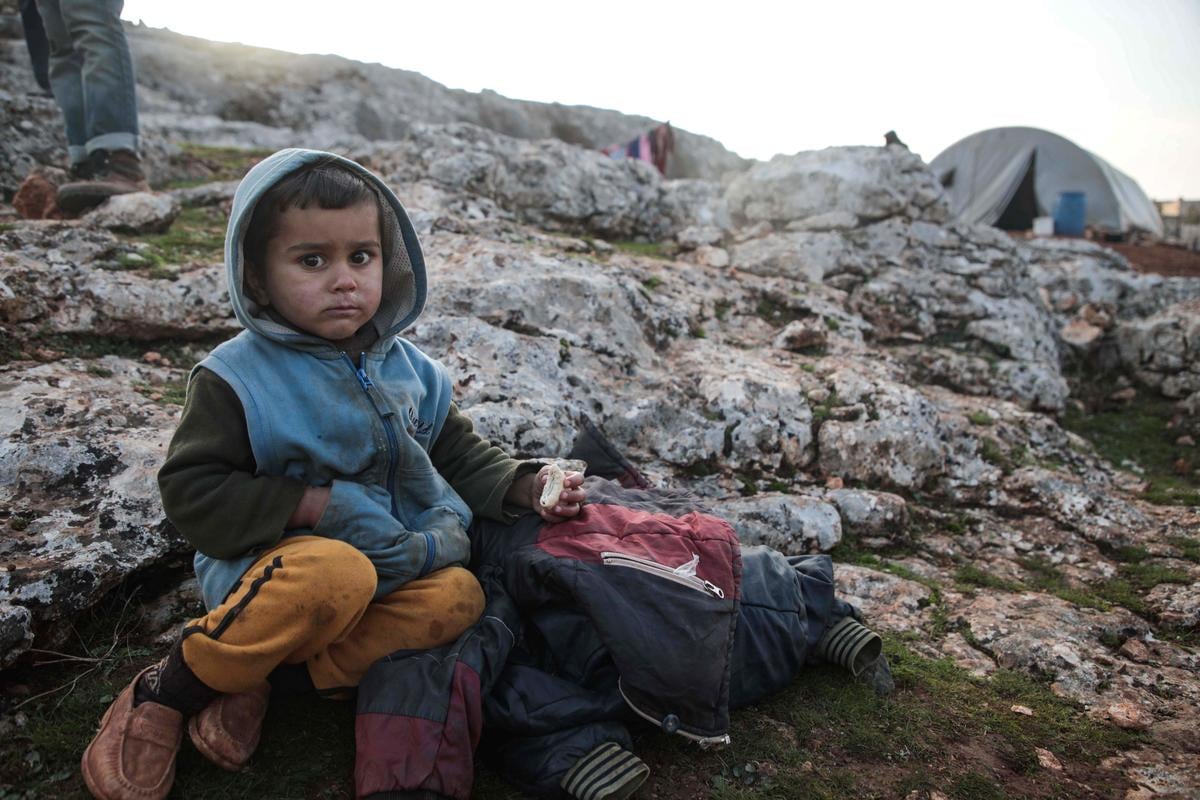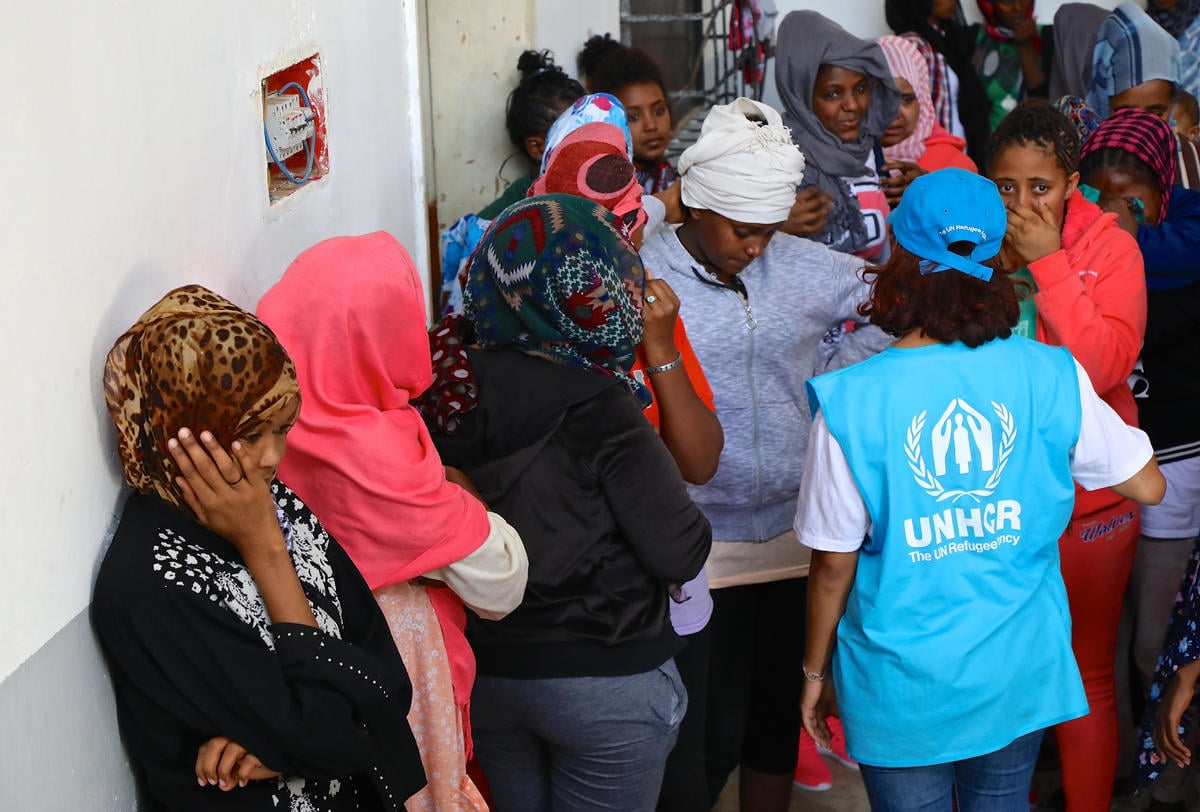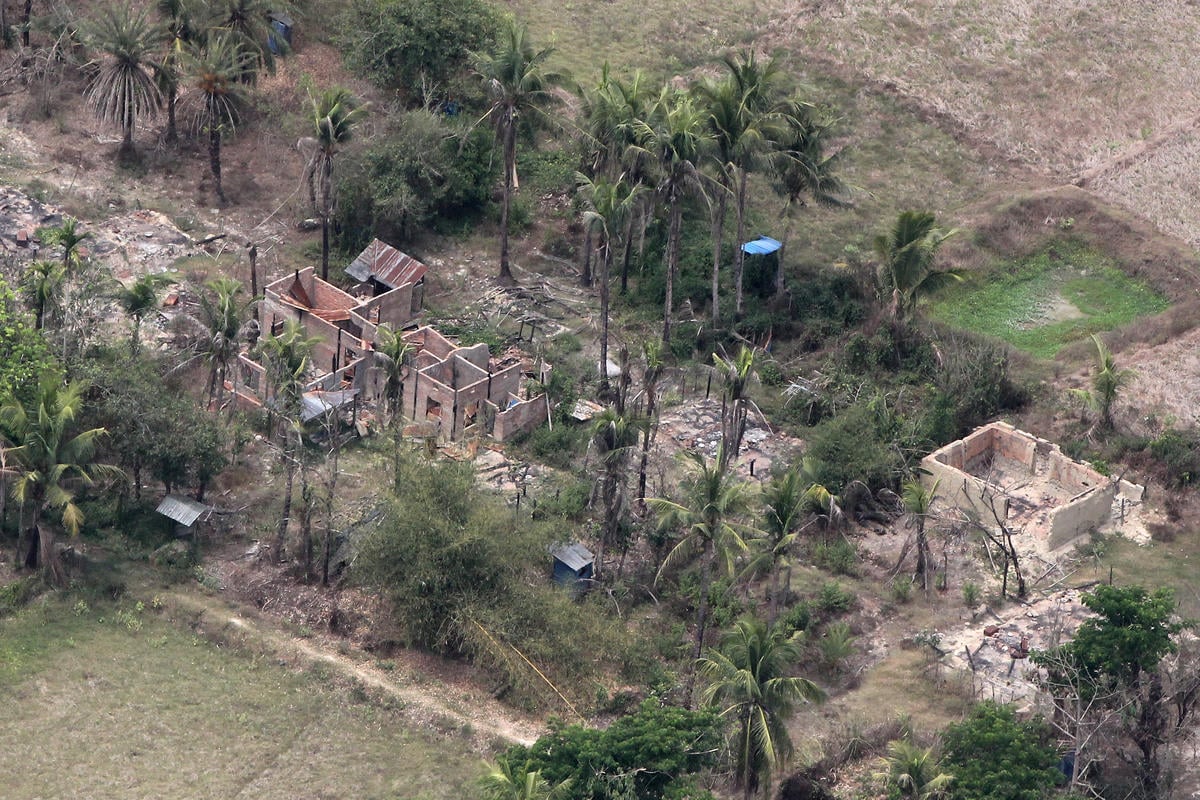Guterres calls for stronger ties between UNHCR and Muslim world
Guterres calls for stronger ties between UNHCR and Muslim world

RIYADH, Saudi Arabia, February 5 (UNHCR) - High Commissioner for Refugees António Guterres stressed the need for a strong partnership between UNHCR and the Muslim world when he met King Abdullah bin Abdul Aziz and other top Saudi Arabian officials in Riyadh at the weekend.
Guterres, who also held talks with Crown Prince Sultan bin Abdulaziz, Foreign Minister Prince Saud Al-Faisal and Saudi Red Crescent Society President Prince Faisal bin Abdullah bin Abdulaziz during his two-day visit, said UNHCR was particularly keen to boost ties with Saudia Arabia.
The High Commissioner outlined his vision for a strategic partnership between the two sides on a political, humanitarian and financial level and proposed that Saudi leaders take part in regular high-level consultations with UNHCR. He invited the Saudi Red Crescent chief, Prince Faisal, to visit Geneva to discuss joint activities.
King Abdullah welcomed the High Commissioner's proposals and assured him of Saudi cooperation. He underlined Saudi Arabia's commitment to providing humanitarian support and its desire to enhance partnerships with UNHCR.
Guterres also said UNHCR was keen to forge closer relations with the Organisation of the Islamic Conference (OIC). "Some five million refugees cared for by UNHCR originate from Organisation of the Islamic Conference member or observer states, and most of them are cared for in OIC countries," he told his hosts.
The High Commissioner, who left Riyadh on Monday for Kuwait, also emphasised the suffering faced by hundreds of thousands of people displaced in and around Iraq, as well as the increased pressure on countries like Syria and Jordan, which together host more than one million Iraqis.
Guterres stressed that the support of the international community was vital and he urged Saudi Arabia to take an active part in a UNHCR conference on the Iraqi humanitarian crisis due to be held in Geneva in mid-April.
He also stressed the plight of some 15,000 Palestinians in Iraq, calling on the Saudi leaders to use their influence to help find a solution for this tragedy. Guterres noted Saudi Arabia's long tradition of protecting asylum seekers and refugees.
Palestinians in Baghdad have faced mounting intimidation and violence and hundreds have fled to border areas, where they live in desperate conditions unable to cross the frontier.
UNHCR in early January issued a US$60 million appeal to fund its work for uprooted Iraqis within their country and in neighbouring states, and for non-Iraqi refugees in Iraq.
Crown Prince Sultan bin Abdulaziz stressed the importance of responding to pressing humanitarian needs when they arise and recalled past Saudi-UNHCR cooperation in assisting Iraqi refugees in northern Saudi Arabia in the 1990s.

The Saudi leaders also told Guterres that they were seriously considering becoming a party to the 1951 UN Refugee Convention and the 1967 Protocol on Refugees.
Before leaving for Kuwait, Guterres also discussed increased partnerships with top officials of the Gulf Cooperation Council. He also encouraged his Saudi counterparts to consider establishing a programme to send young Saudis to work for UNHCR and gain experience in the humanitarian field.
The High Commissioner's week-long Middle East tour will also take Guterres to Jordan and Syria.









